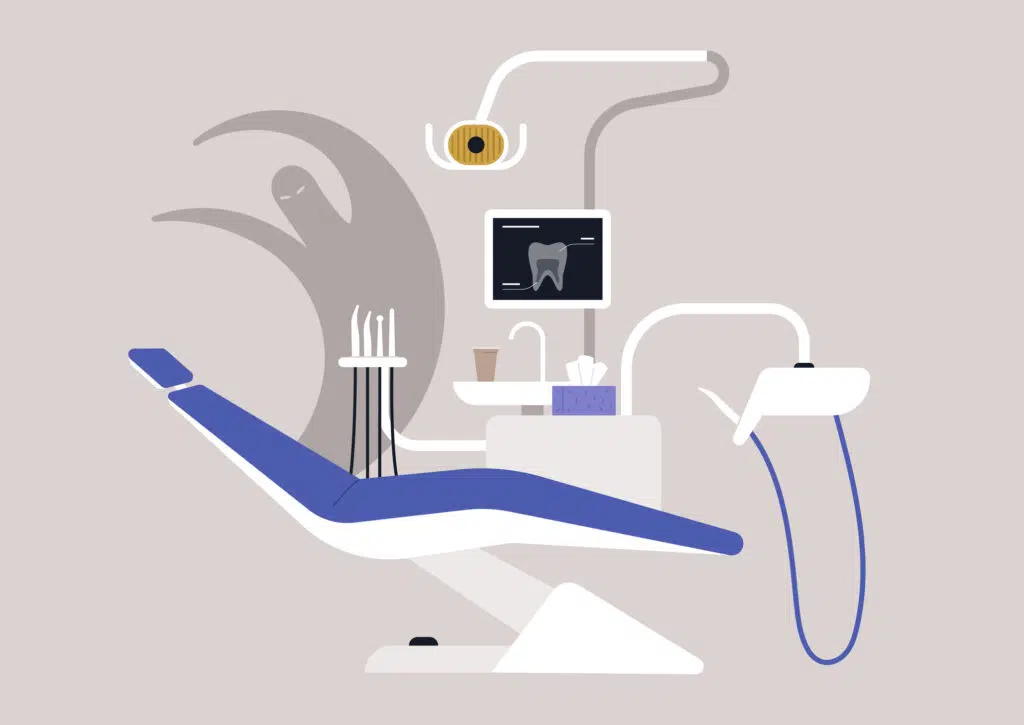Mental health Insights

There are about 19 million Americans with one or more phobias. While things like spiders, flying, and small spaces spring to mind when talking about phobias, you can develop a phobia around almost anything.

Attachment styles tell us about the way we form bonds and maintain relationships. A disorganized attachment style can create a confusing and unpredictable relationship dynamic. This type of insecure attachment style is complex and challenging for both the disorganized attacher and their partner.

Having an insecure attachment style can make it difficult to build trusting and long-lasting relationships. Individuals with an insecure-resistant attachment crave closeness but struggle to feel secure with their partner.

Attachment theory tells us that the relationships we form in our early years help shape those we have as adults. Insecure-avoidant attachment is one of three insecure attachment styles.

A secure attachment describes the foundation of any healthy relationship. Securely attached people tend to be trusting, communicate openly and honestly, and are attuned to their partner’s needs and emotions.

Do you find that jealousy and clinginess are common in your relationships? Maybe you go into shutdown mode mid-argument and find it difficult to say what you feel. Attachment styles begin to develop in early childhood, but may leave a lasting impact on future relationships.

There’s nothing quite like that initial attraction and spark where you just can’t get enough of your partner. But as the months and years roll on, it’s normal for relationships to transition through stages, and dynamics can shift.

While we can meet our loved ones in person without masks, the pandemic brought some changes that have stuck. Remote working has transformed the workforce. Some companies have chosen a fully remote approach, while others are welcoming their employees back to the office full-time.

